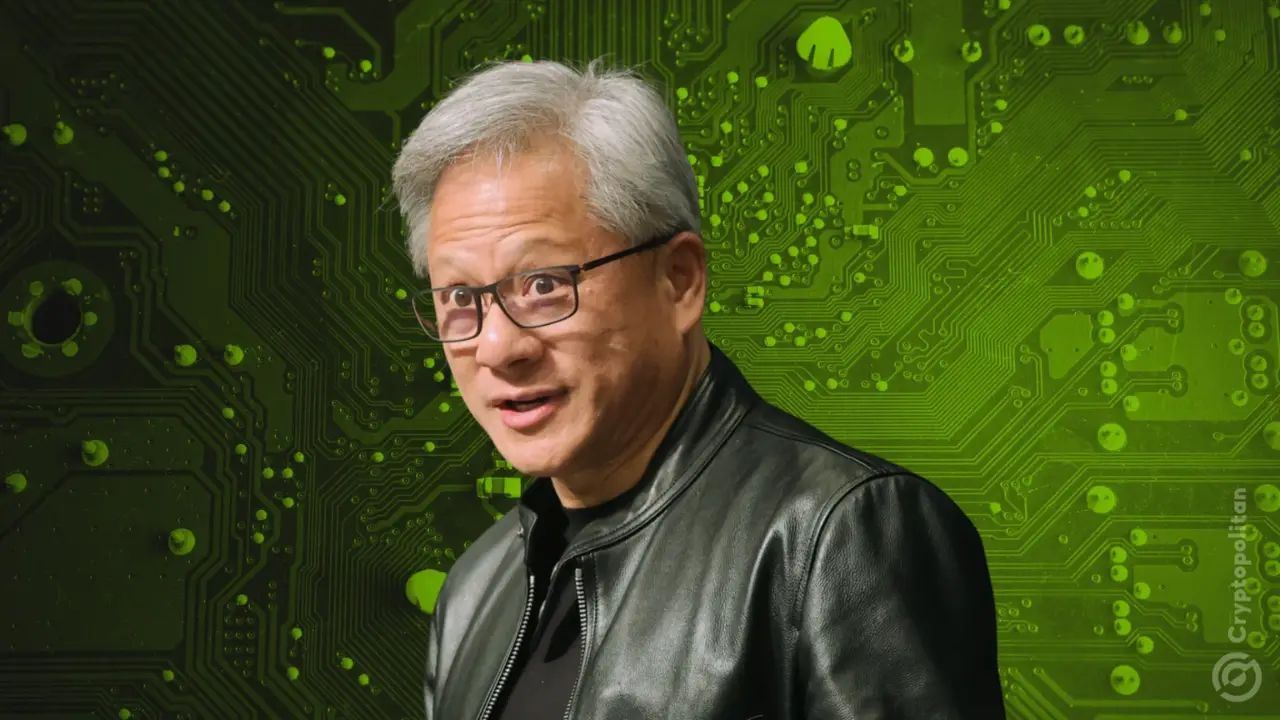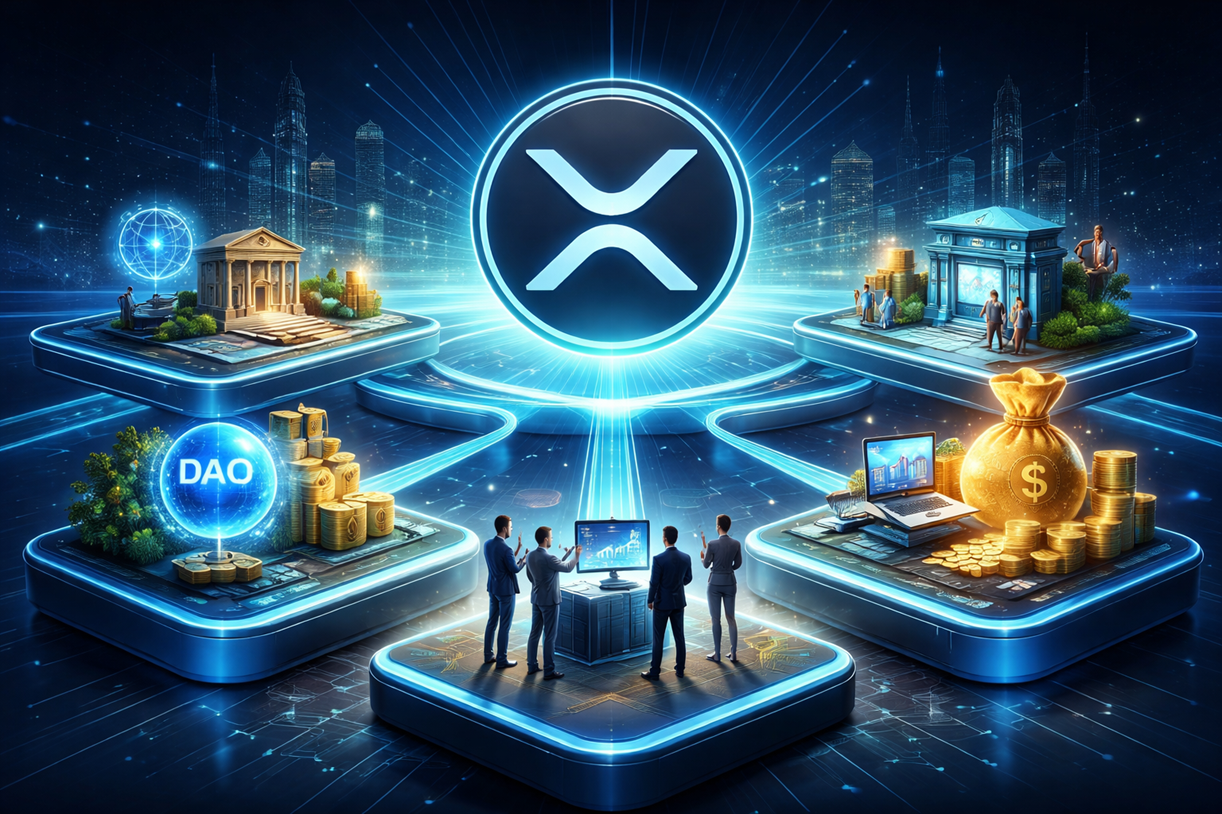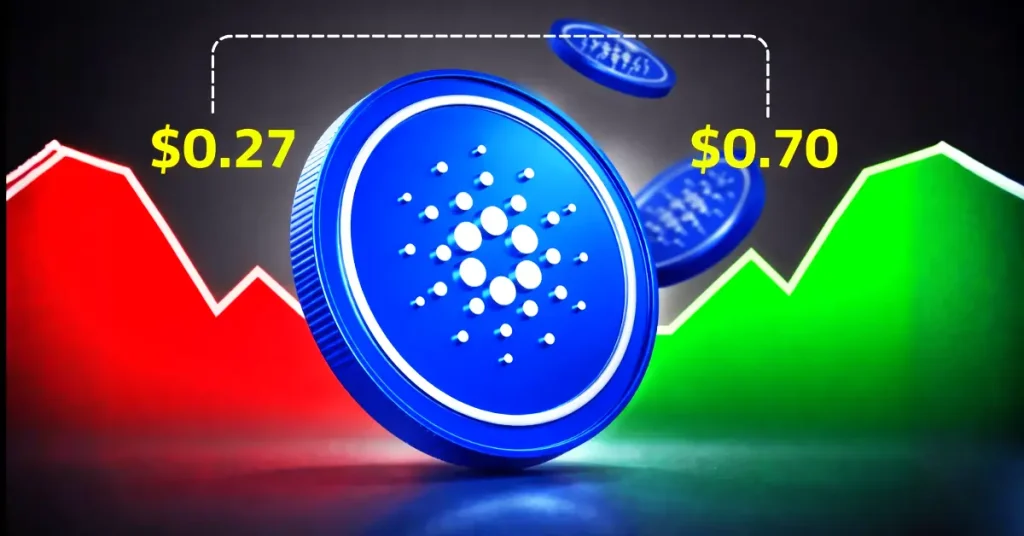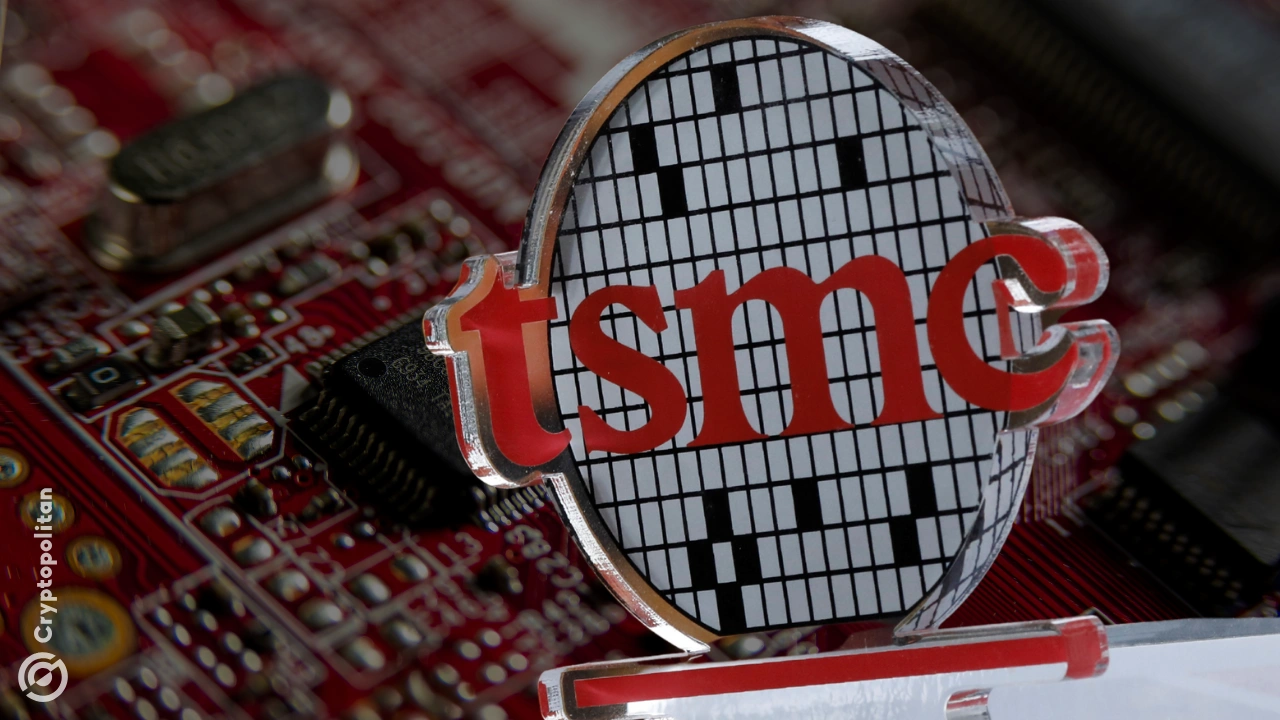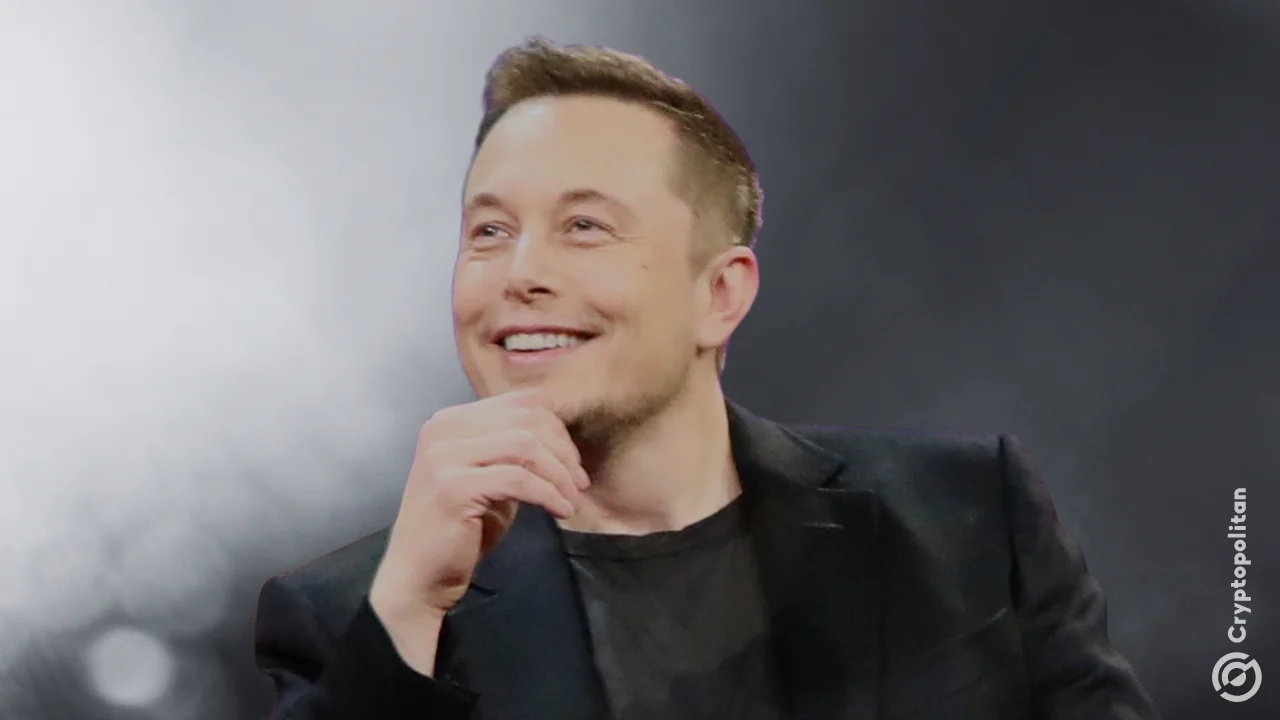Nvidia CEO Jensen Huang plans to hold one of the firm’s biggest AI conferences at a massive convention hall in Washington, D.C., blocks from the White House. The initiative comes as President Donald Trump plans to meet with China’s Xi Jinping this week to finalize a trade deal between the world’s two largest economies.
The U.S.-based chipmaker has spent the past three years entangled in the heightened trade war between the U.S. and China. The escalating trade war has also prevented Nvidia’s AI chips from entering a crucial market, costing the firm billions of dollars in revenue.
Huang calls for better export controls for advanced chips
Nvidia’s events have become important gatherings for the growing AI industry, bringing together several thousand software and hardware developers at the GPU Technology Conference. However, Huang revealed that he is targeting U.S. policymakers who influence where the chipmaker can conduct its business.
Huang plans to deliver his highly anticipated address for the first time in Washington at noon on Tuesday. He has previously remarked on new products and his vision for integrating AI in everyday use through self-driving vehicles, robotics, and business automation. Huang has also called for changes to U.S. policy, especially toward export controls that have halted Nvidia’s sales of its most advanced chips to China, the world’s largest semiconductor market.
“We went from 95% market share to zero market share in about 40% of the world’s AI market. If our goal is to have 90% of the world build on the American tech stack someday, we’re off to a relatively poor start.”
-Jensen Huang, CEO of Nvidia.
Trump won’t attend Nvidia’s event because he will be traveling to Asia to meet Xi on Thursday in South Korea on the sidelines of the Asia-Pacific Economic Cooperation summit. Both parties are expected to reach a trade agreement, as revealed on Sunday by U.S. and Chinese negotiators. U.S. Treasury Secretary Scott Bessent explained that Beijing will pledge to suspend export limits on rare earths in exchange for Trump dropping his threat of 100% tariffs.
However, Bessent confirmed that the agreement doesn’t include changes to U.S. export controls currently imposed on China. The initiative erodes Nvidia’s chances to rejoin the Chinese market.
Trump initially eased U.S. export controls on shipments in August of some of Nvidia’s less-powerful AI chips to Beijing. Despite the initiative, Chinese officials have discouraged local firms from buying those H20 semiconductor chips.
Trump had allowed the resumption of sales of H20 chips for the Chinese market in exchange for Nvidia handing over 15% of the revenue to the U.S. government. However, the tech firm’s revenue projections still do not include those sales, since the legal framework for the revenue sharing remains incomplete.
The ChatGPT maker has spent around $3.5 million on lobbying in the first nine months of this year, up from $640,000 for the entire year of 2022. Nvidia also funded Trump’s inaugural celebration with $1 million, while also onboarding more staff for the firm’s D.C. office. The tech company also recently reported more than $26 billion in quarterly net income.
Nvidia’s business in China drops amid heightened trade policies
Huang revealed at a Citadel Securities event earlier this month that the company’s China business is currently 100% out of the country. He noted that Nvidia had collapsed from 95% market share to 0% amid the ongoing U.S.-China trade war.
Commerce Secretary Howard Lutnick and White House AI Policy Czar David Sacks have shown support for Nvidia’s chief, embracing his view that American AI technology should be propagated worldwide. Huang said the initiative can happen by loosening export curbs and forging investment deals with key trading partners.
Huang mentioned that he’s looking forward to getting back into the global market, so that Nvidia can compete for American leadership. Sacks also acknowledged that if U.S. companies achieve an 80% market share in five years, it would mean they have won geopolitically by dominating the global tech stack.
Sharpen your strategy with mentorship + daily ideas – 30 days free access to our trading program
